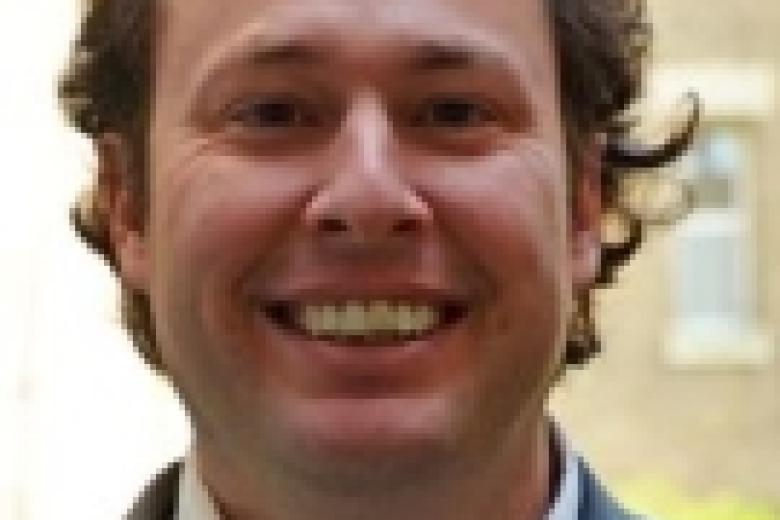Make way: here comes the ecological function paradigm of ownership!
When should the State intervene on ownership to guarantee the protection of the environment? When is social responsibility triggered when dealing with ownership? There is a need to predict the impact that the Ecological Function paradigm will have.
Ownership paradigms evolve. Is it time to speak of a new ownership paradigm? Has an Ecological Function paradigm taken the stage? Society at large plays a role in preserving the environment, yet individual actors must play a specific preservation role. Preservation no longer falls within the exclusive competence of public law, being now welcomed by private law, especially by the law of property. Several governmental and non-governmental organizations have warned of the jeopardy involved in the relationship between some owners of property and the environment. Those claims have reached the legislatures, where significant efforts have canalized towards the prevention of further depletion of natural resources. This new claim stretches beyond the tenets of a social function paradigm, gaining paradigm status itself. There is a need for studies on this new Ecological Function paradigm, since the environment has a fundamental impact on the daily lives of people in all societies.
The relationship between ownership and environment should be further explored. Measures to advance that fruitful relationship should be developed, hence unveiling an innovative paradigm shift. Examples of the shift are being perceived. The Constitution of Slovenia currently welcomes the regulation of restrictions to the right of ownership to ensure the economic, social, and ecological function of property. In the Americas, the 2015 Argentine Civil and Commercial Code includes human rights dealing with environmental law that are present in treaties subscribed by that South American country. Earlier, already in 1993, Brazilian legislation that aimed to secure the environment prohibited the cutting of certain vegetation. Similar situations may be faced with fracking in South Africa, with the exploitation of waterfalls in Scandinavia, with illegal mining sites in China, or with surface mining in the USA. The preservation role of owners should be paramount.
The literature is currently starting to point to the emergence of an Ecological Function paradigm. The idea of a social function is currently being replaced in many jurisdictions by one that refers to ownership as fulfilling an ecological function, where there is a duty to conserve and cultivate the land. Actors are faced with additional questions: what is the role of property owners in preserving the environment? How far can owners go in the exploitation of their property? When should the State intervene on ownership to guarantee the protection of the environment? When is social responsibility triggered when dealing with ownership? There is a need to predict the impact that the Ecological Function paradigm will have.
The literature referred already to the attention that must be devoted to the environment within the property law context. A first example relates to the tragedy of the commons. However, the tragedy does not guarantee that owners will not still cause more environmental problems, externalities. For example, cutting native flora and replacing it with fast-growing species. The Ecological Function paradigm now calls for a step further, hence extending the scope of the tragedy to secure that externalities do not affect the ecological function of ownership. A second example relates to the payment for eco-system services. The Ecological Function paradigm again calls for a step further, extending the scope of the payment for eco-system services if it ensures a way to sustain the ecological function of ownership. Regardless of acknowledged precedents, never before has environment occupied the paramount position within the paradigms of ownership. Only now the environment prevails over the individual and social character of ownership.
There is a preservation role for owners.
Image by Trey Ratcliff - Flickr
This blog is published on Law Blogs Maastricht
A. Parise
Agustín Parise (Buenos Aires, Argentina) is Associate Professor of Law at the Faculty of Law of Maastricht University. He received his degrees of LL.B. (abogado) and LL.D. (doctor en derecho) at Universidad de Buenos Aires (Argentina), where he was Lecturer in Legal History during 2001-2005. He received his degree of LL.M. at Louisiana State University Law Center (USA), where he was Research Associate at the Center of Civil Law Studies during 2006-2010.
